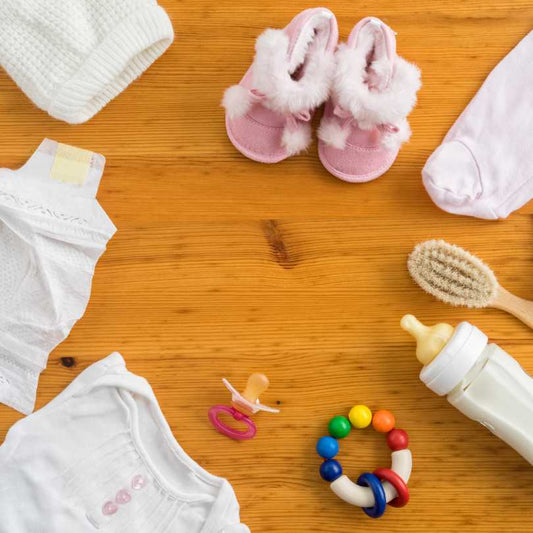
Breastfeeding is a special experience for mother and child that involves more than just feeding. The direct contact and closeness between mother and child creates a deep bond that is crucial for the relationship. But breastfeeding also offers numerous health benefits for both parents. It strengthens the baby's immune system, helps prevent or relieve infectious diseases, respiratory illnesses, gastrointestinal disorders, and dermatitis, and provides essential nutrients for the child's proper development and nutrition. Breast milk is also beneficial for the mother, as it can help the uterus return to its normal size more quickly and reduce the risk of breast cancer. It is recommended to continue breastfeeding for as long as possible, as breast milk provides one-third of an infant's daily calorie and protein needs and can therefore help the baby develop stronger immune systems. However, there are sometimes challenges with breastfeeding that must be overcome. However, with some support and patience, breastfeeding can be a wonderful experience for both mother and child.
The 7 most important tips on breastfeeding
-
Breastfeed your baby as often as possible: In the first few days after birth, you should breastfeed your baby as often as possible, as your milk supply builds up slowly. The more often your baby breastfeeds, the more milk will be produced.
-
Breastfeed your baby on demand: Let your baby decide when they want to breastfeed. Babies are often hungry in the first few weeks, so they should breastfeed frequently. This helps maintain milk supply and reduces pressure on the nipples.
-
Pay attention to good posture: Maintaining good posture while breastfeeding is important to avoid back pain and provide good support for your baby. Make sure your back stays straight and that your baby is positioned comfortably.
-
If necessary, use a breastfeeding aid: If you have difficulty latching your baby, a breastfeeding aid such as a Nursing pillow or nursing bands can be helpful. These products support the baby during latching and help ensure that it feels comfortable during breastfeeding.
-
Drink enough fluids: Breastfeed your baby frequently, but also drink plenty of fluids to maintain your milk supply. Drink plenty of water, especially in the first few weeks after birth, to compensate for fluid loss during labor.
-
Eat balanced: While breastfeeding, you should maintain a balanced diet to provide your body with all the nutrients it needs. Eat plenty of fruits and vegetables, whole grain products, and drink plenty of milk and dairy products. Here Find an article about foods you should avoid while breastfeeding!
-
Looking for support: If you're having trouble latching on or experiencing pain while breastfeeding, seek support from a lactation consultant or other professional. They can offer tips on how to improve breastfeeding and resolve any potential problems.




